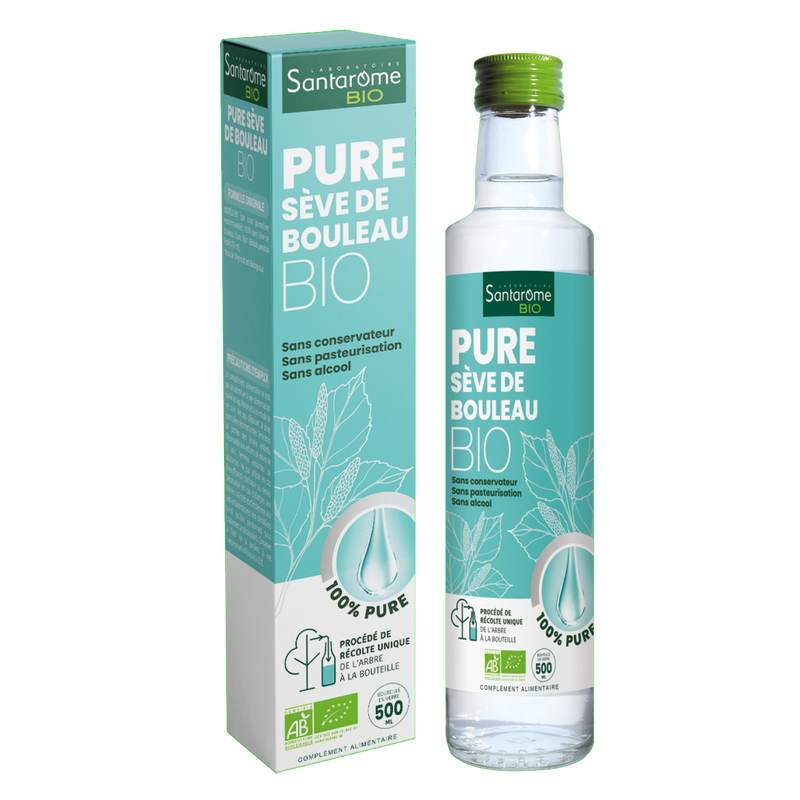Echinacea is available in several forms, including capsules, mother tincture, maceration, and cream.
Made from dried plants, ampoules are excellent solutions rich in active ingredients with precise dosages. Encapsulation maintains the stability of the formula and increases the concentration and effectiveness of the active ingredients.
Santarome offersImmunité Bio - 20 ampoules, composed of 4 plants, 2 mushrooms, and 3 organic buds to help you get through winter with peace of mind. Organic Echinacea (highly dosed at 1200 mg*) and Organic Eleutherococcus support the immune system.
1 ampoule per day diluted in a large glass of water (20 cl) to be taken for 20 days. Repeat if necessary. It is recommended to combine it with Organic Royal Jelly 1500mg at each change of season.
1) Shake the ampoule.
2) Break off the tip of the bulb using a paper towel.
3) Pour the contents of the ampoule into a glass by breaking off the second tip.
4) Add 20 cl of water before setting.




















